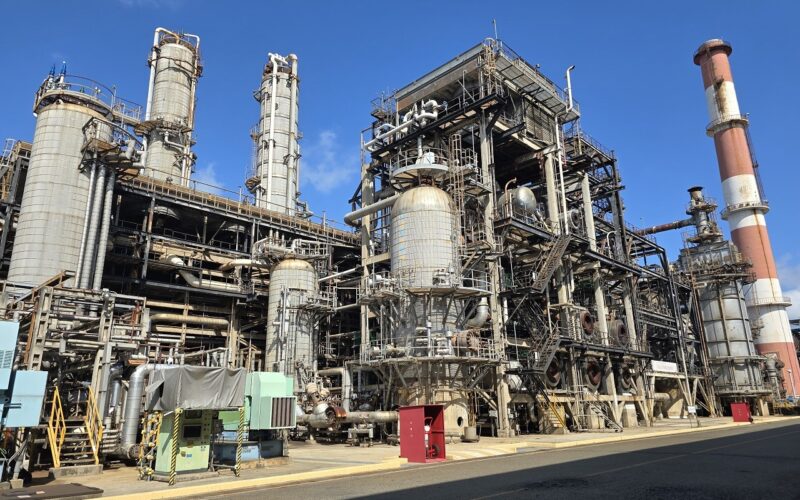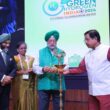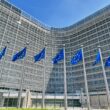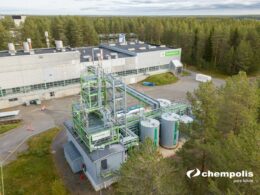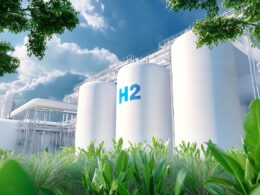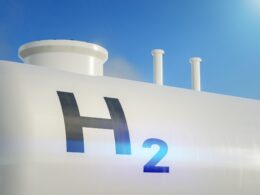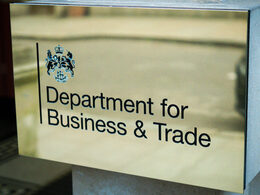SK Energy, South Korea’s largest oil refiner and a subsidiary of SK Innovation announced the completion of the country’s first dedicated Sustainable Aviation Fuel (SAF) production line. The new facility, which utilises advanced co-processing technology, is set to begin commercial production in October 2024.
SAF, a biofuel with similar properties to conventional jet fuel but a significantly lower carbon footprint, is produced using bio-feedstocks integrated with traditional oil refining processes. SK Energy’s co-processing method allows for the simultaneous production of petroleum and low-carbon products. A dedicated five-kilometer pipeline has been installed to continuously feed bio-feedstocks into the oil production process, ensuring consistent SAF output.
Upon the start of commercial production, SK Energy will establish a complete value chain for SAF, from raw material sourcing to production and sales. Last year, SK Trading International, another SK Innovation subsidiary, invested in waste-based bio-feedstock suppliers to secure a steady supply. Additionally, SK Energy is working with Infinium to develop e-fuel technologies that utilize green hydrogen and carbon dioxide.
In June, SK Energy obtained key certifications to support SAF production, including ISCC CORSIA for international aviation and ISCC EU under the European Union’s Renewable Energy Directive. The company also secured ISCC PLUS certification for environmentally friendly products in the voluntary market.
Starting early next year, SK Energy will supply SAF to Korean Air, aligning with its broader market expansion strategy. This follows an August 30 event at Incheon International Airport, where SK Energy, government ministries, Incheon International Airport Corporation, and Korean Air celebrated the commercial launch of domestically produced SAF.
The global SAF market is set to grow exponentially, with the International Air Transport Association (IATA) projecting demand to increase from 240,000 tons in 2022 to 18.35 million tons by 2030. In Korea, the government plans to mandate SAF blending for all international flights departing from the country by 2027.
“As the first company in Korea to achieve continuous SAF production through co-processing, we are well-prepared to meet the upcoming mandatory SAF blending requirements. We will continue to monitor both domestic and international SAF policies and market conditions closely to explore further expansion of our SAF production capabilities,” said Hong Kwang-pyo, Head of Strategy Division at SK Energy.















